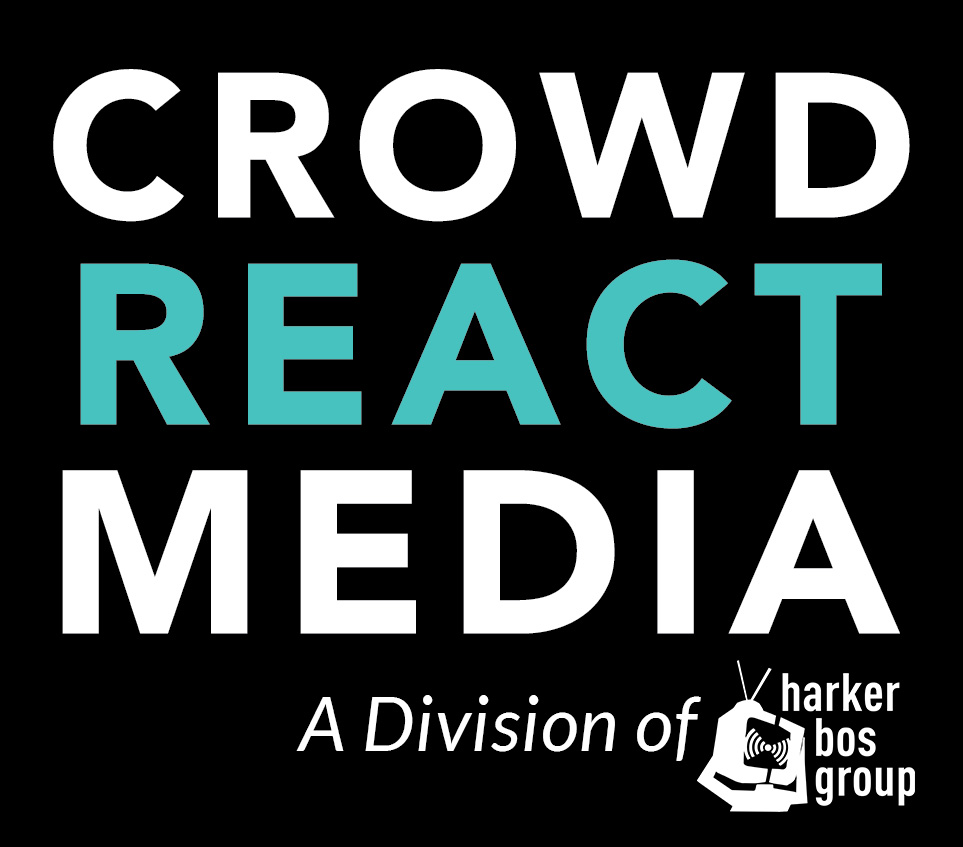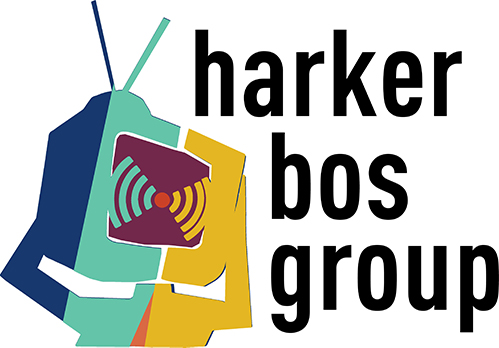Weekly Roundup – Week of November 4th, 2024
News & Political Media News
What primetime TV ads cost in the 2024-2025 season
"The cost to advertise in primetime TV continues to decline for most broadcast programming, particularly as viewership continues to favor streaming where high-priced inventory competes for TV ad dollars.
Of the 53 returning series across ABC, NBC, CBS, Fox, The CW and Amazon Prime Video tracked by Ad Age, 33 saw the cost for a 30-second ad decline, while 8 increased in pricing and 11 remained flat."
Too many people want to be social-media influencers
"Ask a young person what they would like to do with their life and increasingly often the answer will be to find fame and fortune online. Fully 57% of Gen Zs in America would like to be a social-media influencer, according to Morning Consult, a pollster; 53% describe it as a “reputable career choice”. Those dreams may be understandable: examples abound of social-media superstars, from fashionistas and comedians to gamers, making tens of thousands of dollars for a post promoting the wares of some brand. As consumers spend more of their lives on social media, the amount of money companies are paying influencers is rocketing."
Our Take: Influencers used to be a somewhat prized commodity. Now, there is a glut of influencers clogging up our feeds. The influencer gets less cash because companies can be highly selective over who represents their brand. Influencers are being devalued because there are so many of them.
Nintendo made a music streaming app for Switch Online subscribers
"While we all wait for the reveal of Nintendo’s next console, the company has once again announced something very different. This time, it’s a mobile app called Nintendo Music, which lets users listen to classic gaming tunes from Nintendo games spanning the last few decades, including Splatoon, Animal Crossing, and The Legend of Zelda.
...
The app features curated playlists themed around games, moments, moods, or characters, though you can also build your own. It also supports streaming as well as downloading tracks for offline listening. Curiously, it includes a spoiler feature that lets you filter out tracks that, somehow, might spoil a game you haven’t played or finished yet. And if you just want some Hyrule white noise, the app also lets you “loop songs or extend select tracks to 15, 30, or 60 minutes for uninterrupted listening.”"
Our Take: Videogame soundtracks and user generated playlists are incredibly popular on platforms like YouTube. Nintendo probably has a hard time claiming copyright on the sheer amount of its catalogue that appears every day in new uploads on YouTube. Nintendo is being smart here by both allowing a gamer to stay deeply immersed in the Nintendo Universe through a branded music streaming service and capitalizing on subscription revenue.
What's changing in podcast advertising?
"If it feels like podcasts have more ads, that’s because they do, according to data from our exclusive KPI partnerships. Podcast ad spend is increasing, and with it podcast ad load is on the rise. This year, US podcast ad spend will reach $2.28 billion, per our forecast. That’s a growth of 15.9% over 2023."
Our Take: There might be a lot of hubbub about the growth of podcast advertising, but it is a mere fraction of the annual ad-spend during radio's heyday. This study forecasts an annual ad spend of $2.28 billion for podcast ads. Radio hit nearly $22 billion in ad spend in 2006. In 2023, radio ad spend was nearly $13 billion dollars. Unlike cable vs. streaming, the big money is still in terrestrial radio.
Nielsen Will Open Measurement to Media Companies' First-Party Data, a Move that Could Prove Controversial
"Nielsen will let the media outlets it tabulates add their own audience data to its ratings calculations, a move that the measurement giant sees as an inevitable one in the age of streaming but that detractors suggest could give an unfair early advantage to established digital players such as Amazon.
The Media Rating Council, an independent body that sets standards for and monitors Nielsen and other ratings providers, on Thursday said it approved the use of first-party live streaming data into Nielsen’s national TV service, while renewing accreditation for Nielsen’s national panel measurement. The move gives Nielsen a new edge at a time when it has more competitors vying to keep tabs on video audiences across both traditional TV and streaming hubs."
Our Take: If first-party data is required for accurate measurement, then what is even Nielsen's role here? Merely verifying first-party viewership data is not exactly a sustainable business model going forward.


